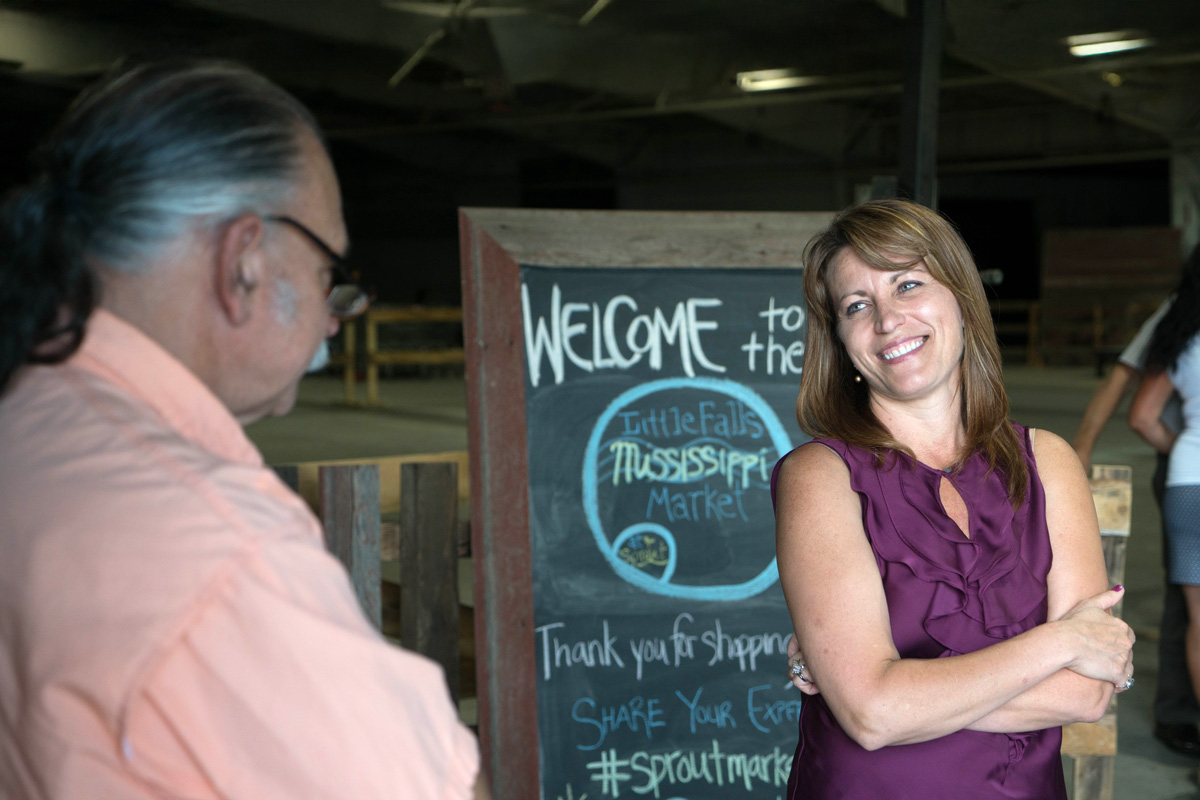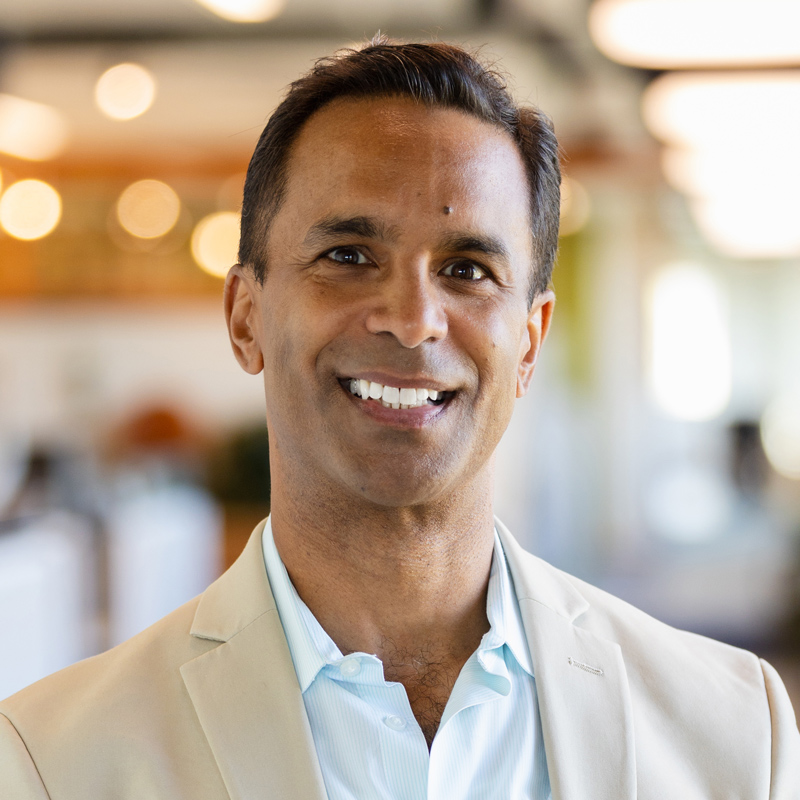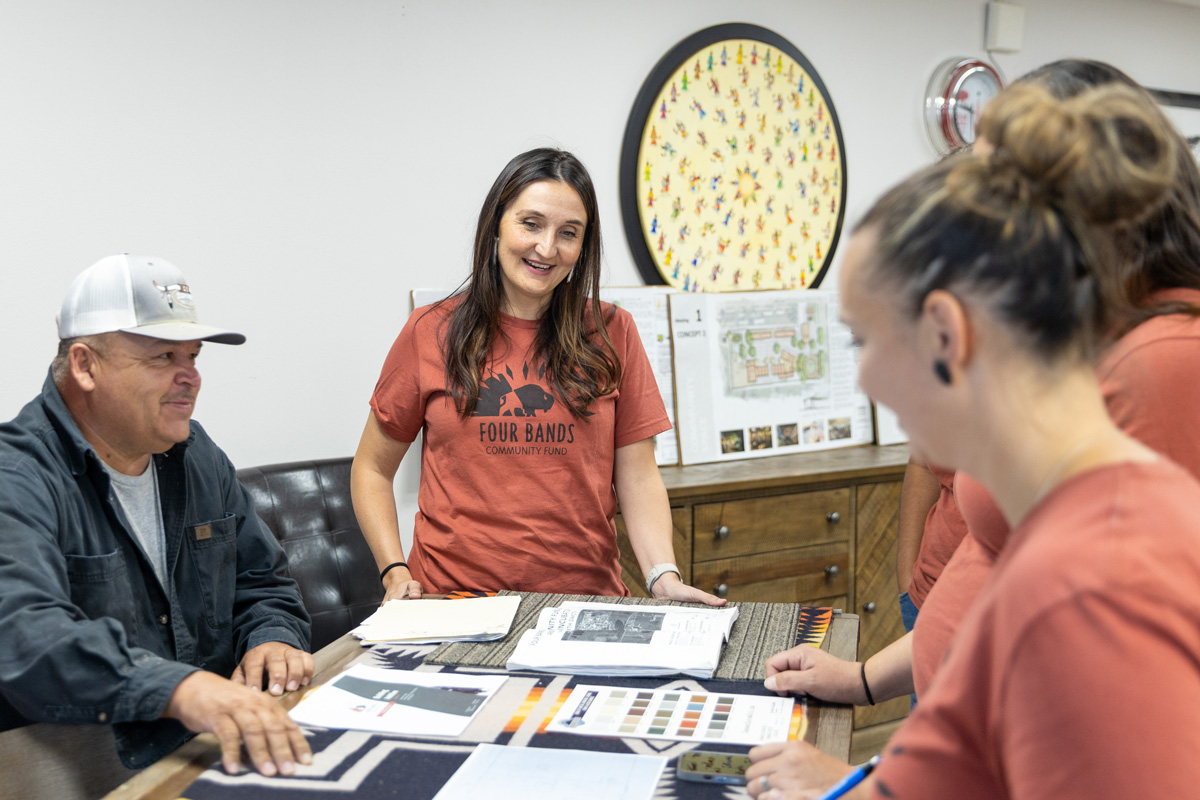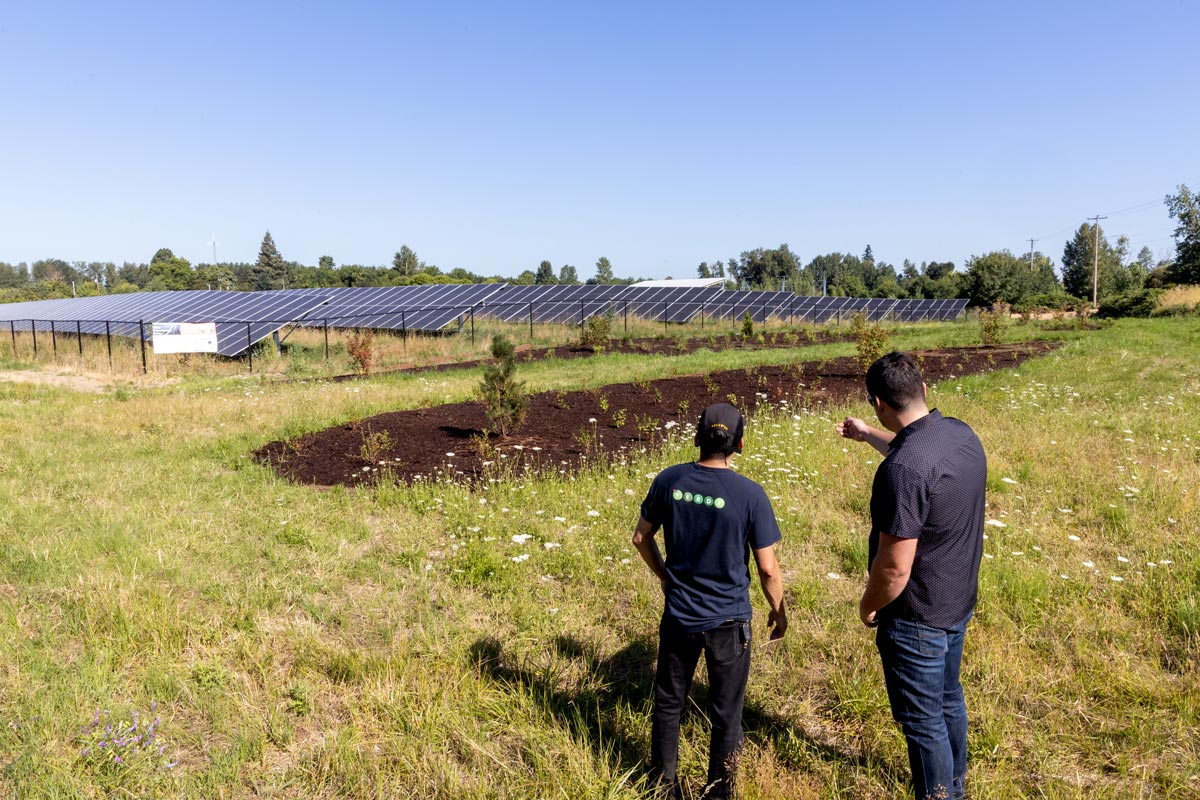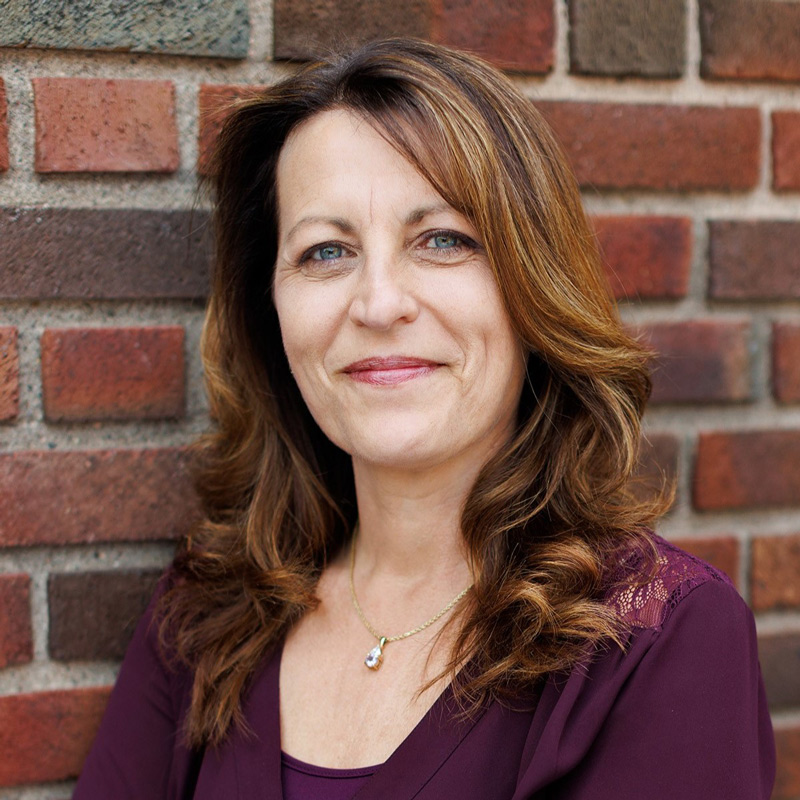
“For people in rural places, identities are rooted in the soil. One size doesn’t fit all.”
Cheryal Hills
Executive Director, R5DC
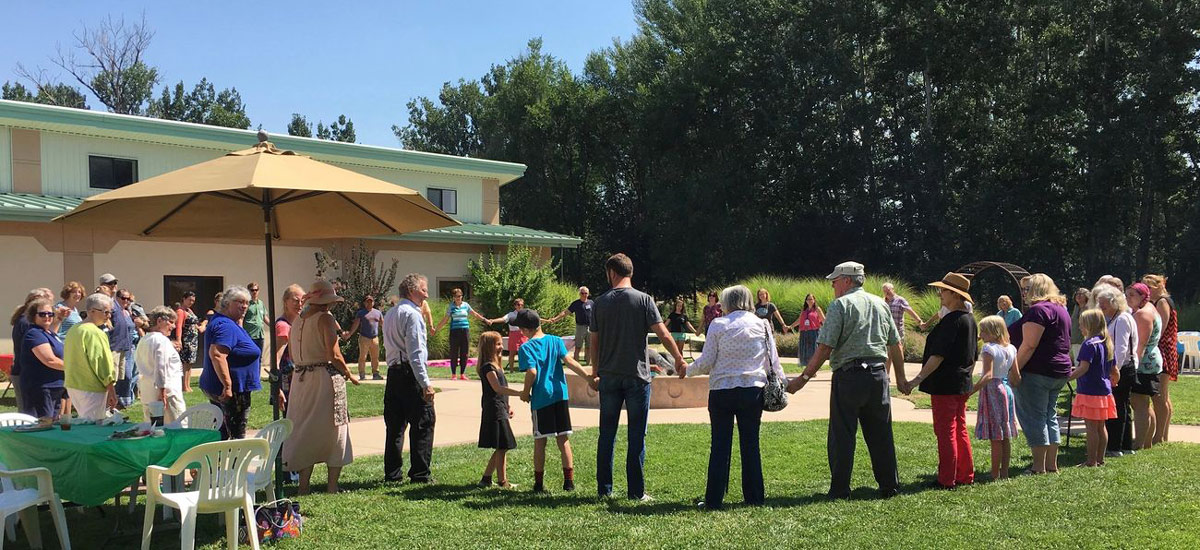
During a UVI cookout, attendees addressed the deepening division in their communities and raised money for families separated at the border. The event coincided with 50 other cookouts in rural conservative parts of the country. Photo courtesy of UVI.
An investment in listening and engagement can literally turn people’s mindset toward possibility and hope.
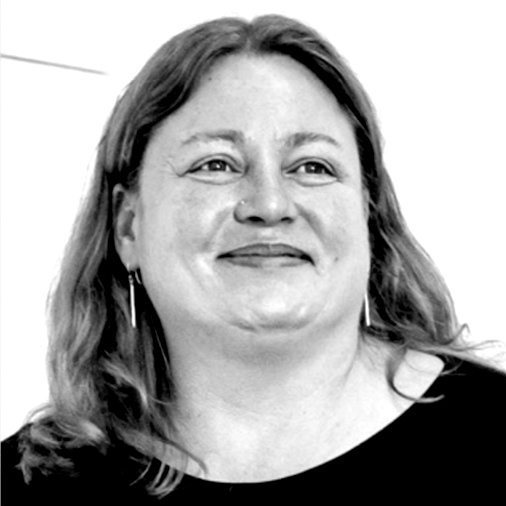
“It begins with showing people that you’re hearing their problems, and not responding with magic bullets but building real relationships over time.”
Adrienne Evans
Executive Director, UVI
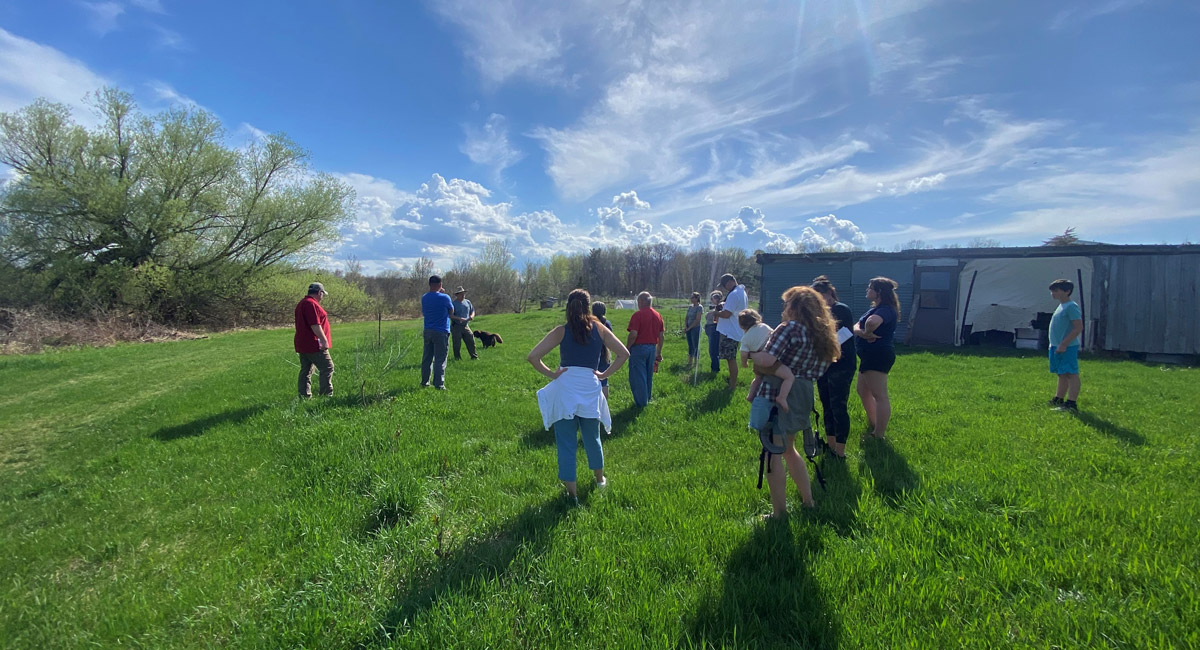
AgVet workshops offer agricultural learning opportunities for military veterans and their families. Shown here are participants at a May 2023 workshop at Island Lake Farm in Deerwood, MN. Photo courtesy of R5DC.
“When neighbors with different backgrounds come together to solve the problems that they all care about, . . . [the] collaboration not only improves communities, it builds the confidence and skills required for people to take on the deeper issues that divide us.”
Charlie Brown
Executive Director, Trust for Civic Life
“Hearing all voices doesn’t mean you’re compromising your values, but that you’re trying to understand where others are coming from.”

